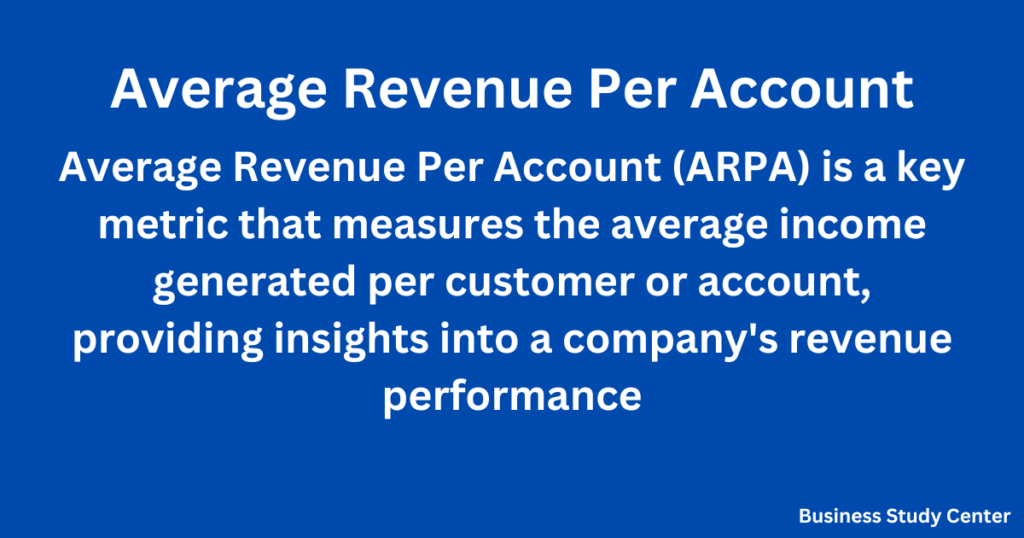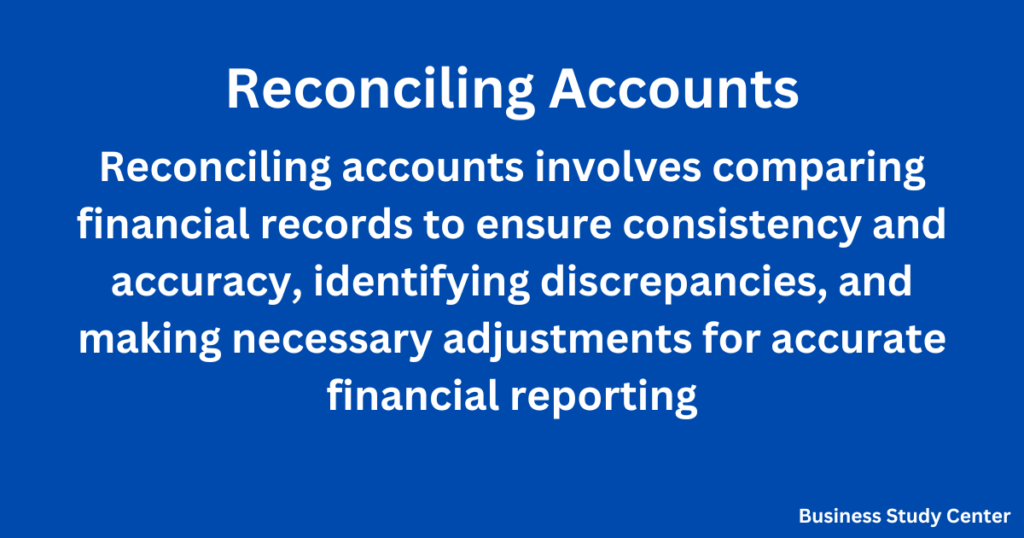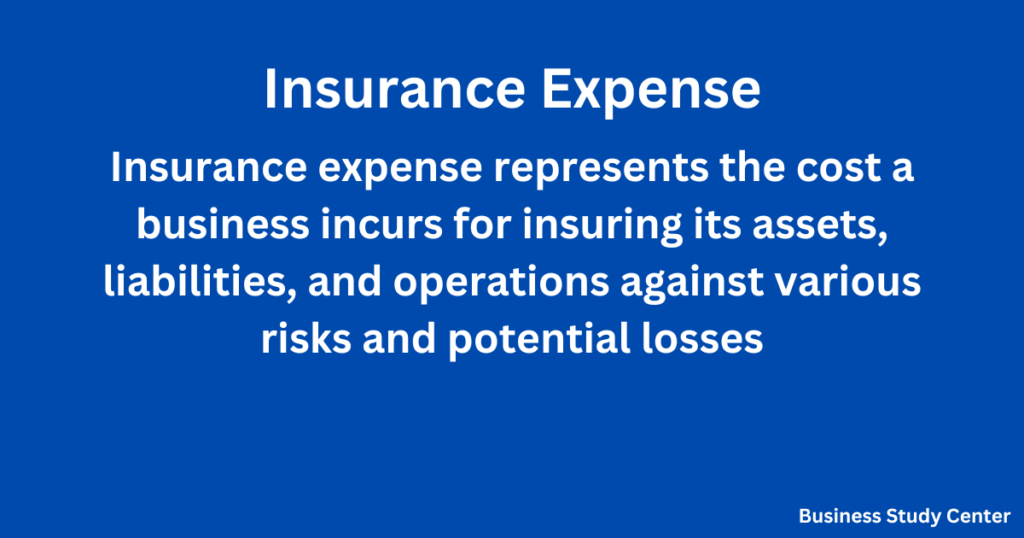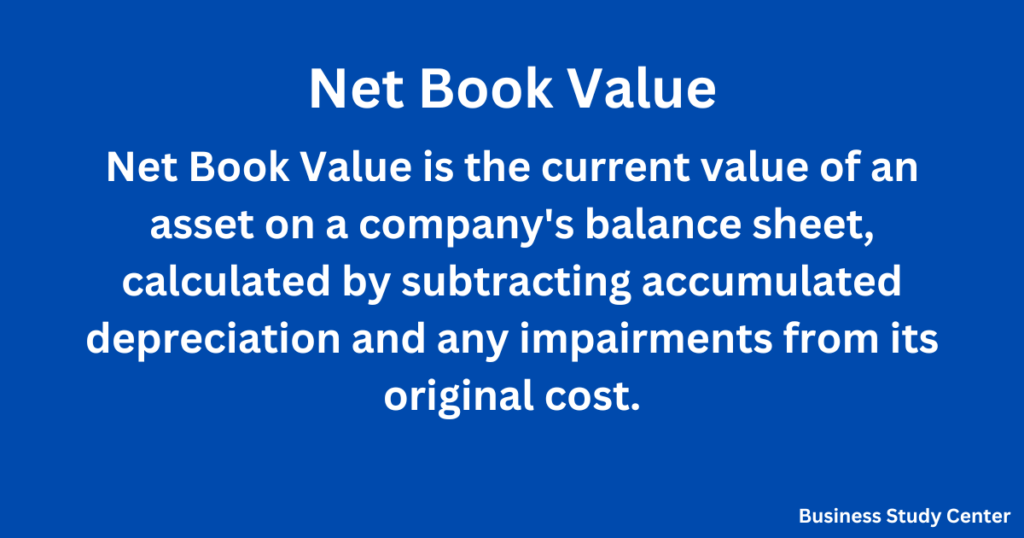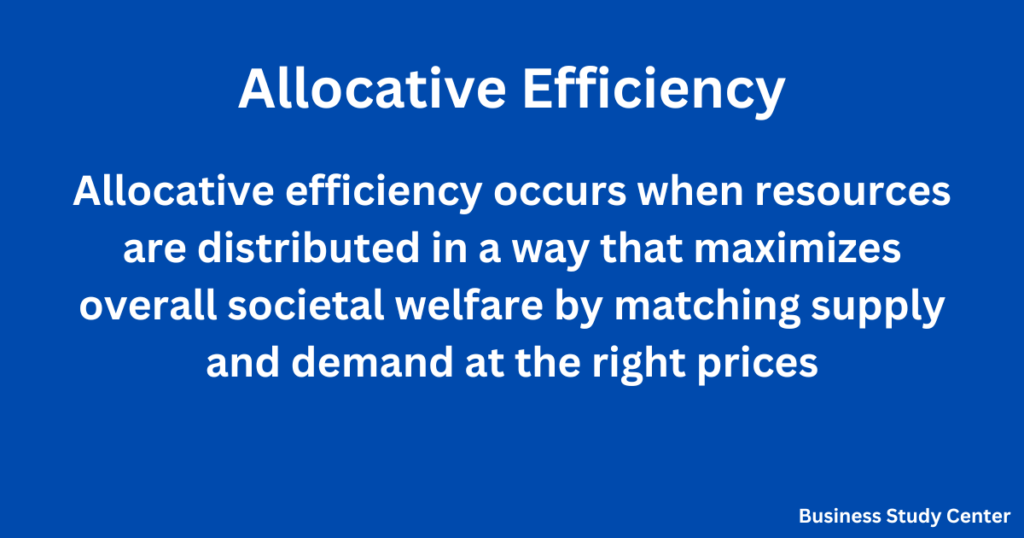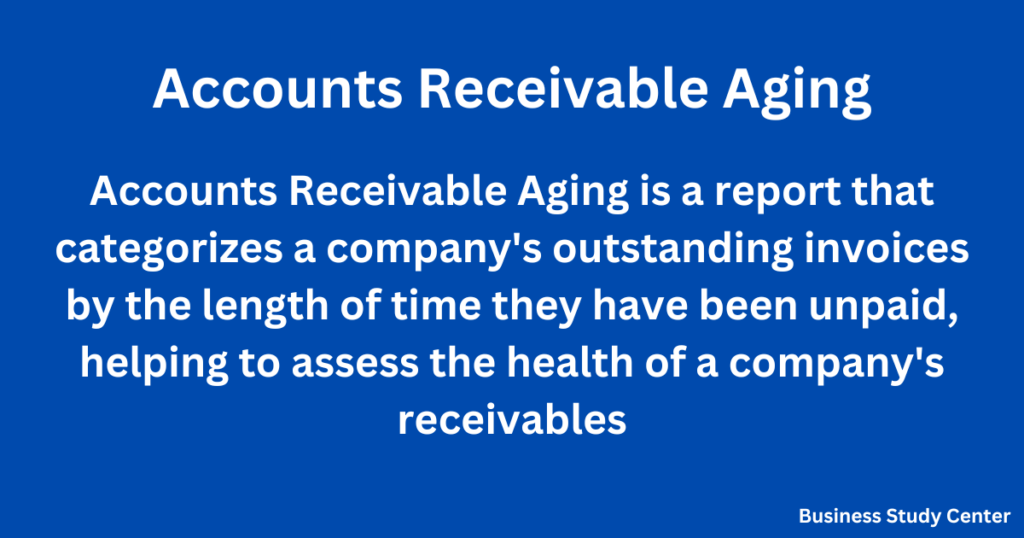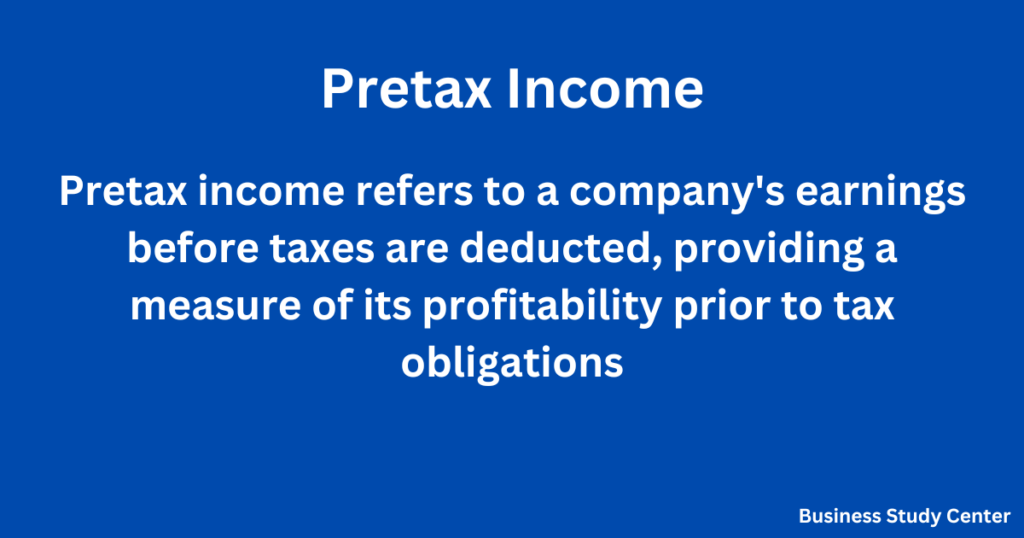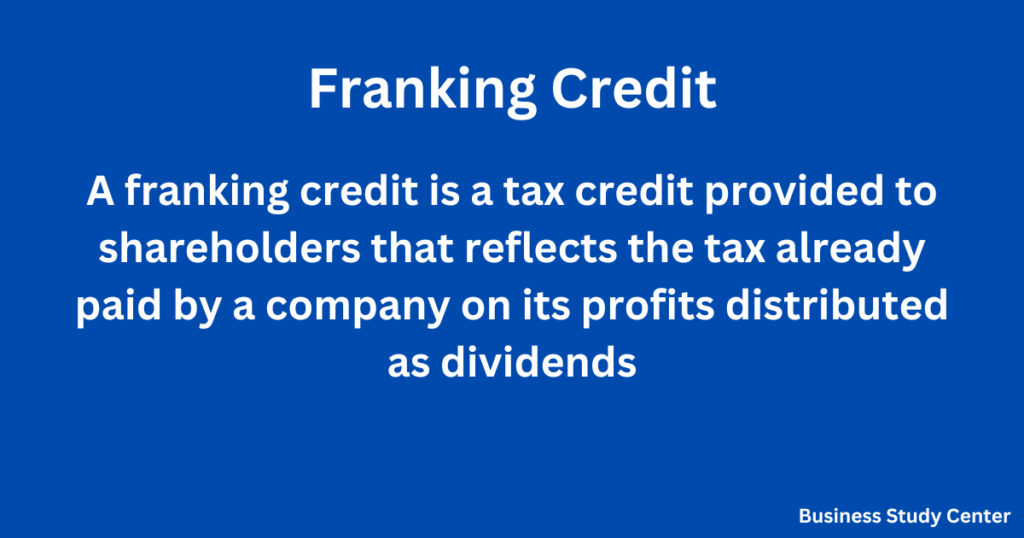Average Revenue Per Account: Maximizing Revenue Potential in the SaaS Industry
Introduction In the fast-paced and competitive world of SaaS (Software as a Service), businesses are constantly seeking ways to maximize their revenue potential. One key metric that plays a crucial role in this pursuit is Average Revenue Per Account (ARPA). ARPA quantifies the average monthly recurring revenue generated per account and provides valuable insights into …
Average Revenue Per Account: Maximizing Revenue Potential in the SaaS Industry Read More »

